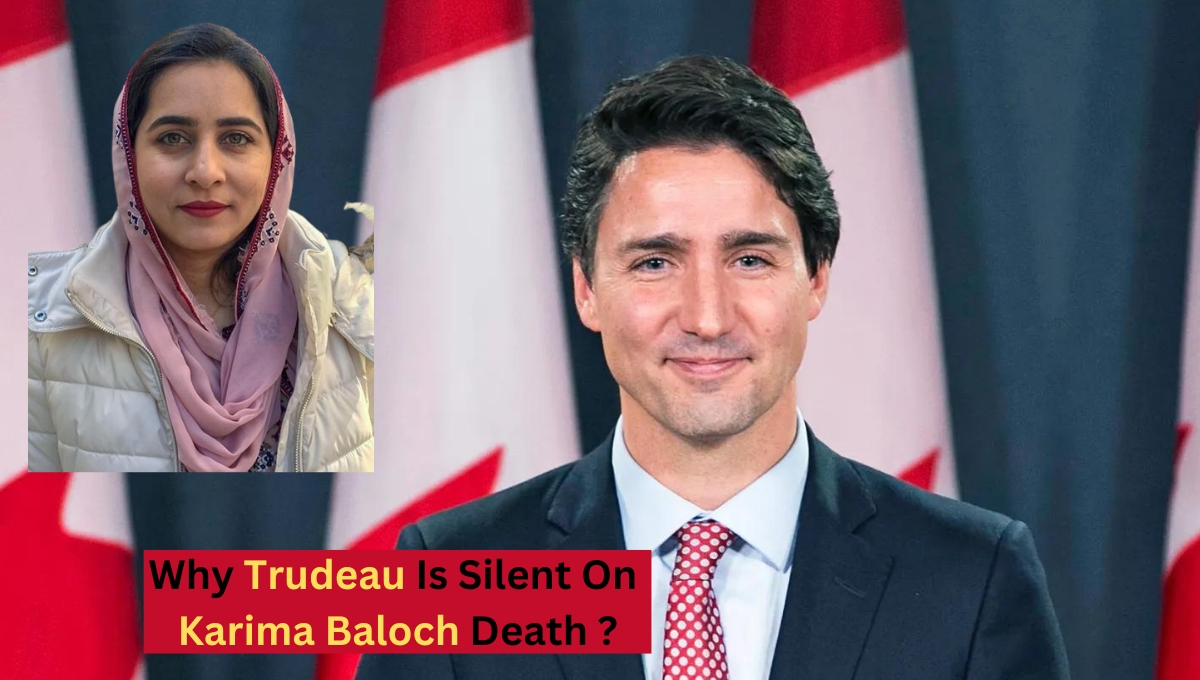In a complex web of international relations and human rights activism, the case of Karima Baloch, a Baloch human rights activist found dead in Toronto, continues to raise questions. Her death, which occurred in December 2020, has recently resurfaced in the midst of diplomatic tensions between Canada, India, and Pakistan.
Karima Baloch, a prominent voice advocating for the rights of the Baloch people, had been granted asylum in Canada in 2016, seeking refuge from the turmoil in Balochistan, Pakistan. However, her life was tragically cut short under mysterious circumstances.
Munir Mengal, the President of the Baloch Voice Association (BVA), has taken center stage in the quest for justice. Mengal, a staunch advocate for Baloch rights, has raised concerns about Canada’s response to Karima Baloch’s death. He questions the Canadian authorities’ failure to investigate what he describes as a “mysterious” death.
Mengal has openly called upon the Canadian government and Prime Minister Justin Trudeau, urging them to reinvestigate the case and release any evidence they may have uncovered. He seeks answers regarding the circumstances of Karima Baloch’s death and the parties responsible for it.
Furthermore, Mengal has criticized what he perceives as lenient judicial laws in Canada, alleging that the country has not taken sufficient action in response to their inquiries. He revealed that the BVA had submitted a document to the Canadian Embassy, but despite assurances of a government response, no follow-up has been received.
Adding a layer of complexity to the situation, Mengal contends that his organization possesses substantial evidence implicating the Pakistan security force, ISI, in the killing of Baloch-based human rights activists like Karima Baloch. The allegations raise concerns about the safety of Baloch activists living abroad.
Karima Baloch’s case is not isolated. The Baloch Human Rights Council of Canada (BHRC) has expressed unease over the lack of action surrounding her abduction and suspected murder. In the midst of diplomatic tensions between India and Canada, driven by Prime Minister Trudeau’s comments regarding the alleged involvement of the Indian government in the killing of Khalistan Tiger Force chief Hardeep Singh Nijjar, the BHRC’s concerns underscore the multifaceted nature of international relations in this region.
Karima Baloch’s legacy as a passionate advocate for Baloch rights continues to resonate globally. As the world watches, Munir Mengal and the BHRC press for answers, justice, and accountability in the shadow of a mysterious death that has not yet yielded its secrets. The intersection of geopolitics, human rights, and justice remains complex and poignant, leaving many with questions that demand answers.

